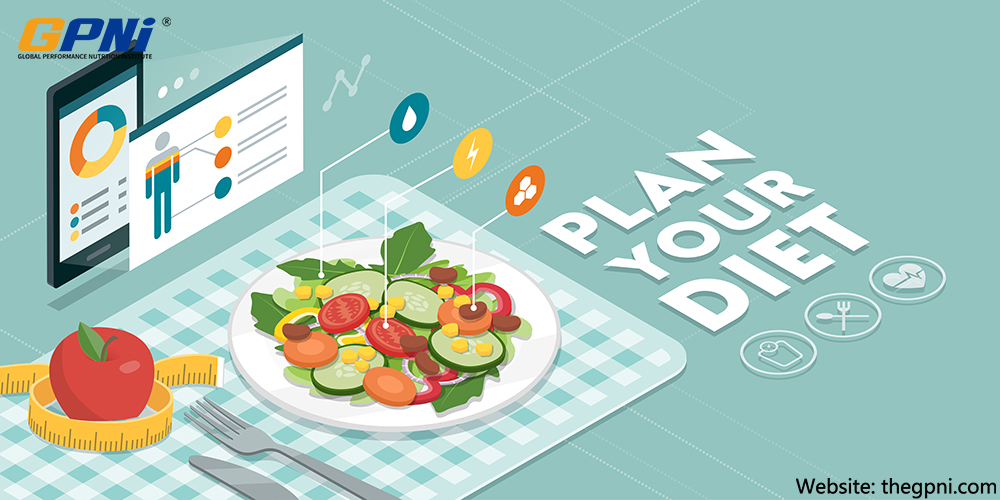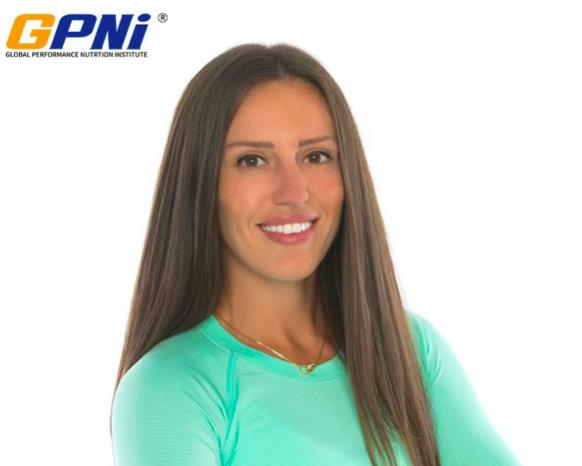Social media is a key aspect is almost everybody’s life. Some people use it for inspiration, to keep in touch with friends or promote their own business. The growing popularity of social media gave way to the creation of social media influencers. Sometimes these individuals are publicly known such as actors or models but more often than not social media influencers are everyday individuals with significant following on one or multiple social media platforms and has the ability to influence the opinions, behavior, and purchasing decisions of their followers. The health and wellness industry is inundated with them. But is this where you should get your nutrition advice? The answer is not a simple yes or no. Some social media accounts provide great evidence based nutrition advice while others are garbage. This may leave some wondering how to determine which accounts are reliable and which are a nothing more than hyped up nutrition BS.
I do not subscribe to the idea that all nutrition advice should come from registered dietitians (even though I am a registered dietitian). Possessing a background in exercise physiology or nutritional biochemistry can certainly enable someone to give out basic nutrition recommendations. However, for individuals dealing with medical considerations, such as diabetes or gastrointestinal diseases, a registered dietitian is the way to go. Registered dietitians are educated in medical nutrition therapy (MNT) and have completed an internship in clinical nutrition. For those influencers that don’t have obvious credentials, it can be challenging to determine if they are reliable, trusted source of information. Here are a few red flags that scream unfollow/block/run away!

Red Flag 1: Fear mongering tactics. For those that are unfamiliar with fear mongering, these are strategies or techniques used to manipulate and exploit people’s fears about food. Generally they create anxieties about nutrition in order to promote specific dietary beliefs, products, or agendas. The Food Babe is a culprit of this. She frequently posts headlines such as Cancer dressed up in a cookie or Roundup weed killer detected on oatmeal. With a background in business marketing and computer science, she is lacking education in nutrition or food science. Foods are not to be feared!
Red Flag 2: Selling products and supplements. This one is a little but tricky. Promoting a specific product or sharing a personal favorite is not necessarily a red flag. However, it is important to take into consideration if a social media influencer is being sponsored by that company. This could lead to bias. Or if they use wording like “This is the only product/company anyone should take”, “Cleanest supplement on the market” or “guaranteed to do XYZ” consumer beware! Once again, the Food Babe is guilty of this!
Red Flag 3: Do exactly as me to look/perform like me. Nutrition is not a cookie cutter, one-size fits all industry. Everybody is an individual with their own goals, genetics, food preferences etc. Simply eating like someone else does equate to looking or performing exactly like them. Not too mention, what is posted on social media is not always reality. Nutrition is meant to be personalized and tailored to the individual.
These are simply a few things to look out for (and my opinion of course!). Social media can be a great place to find health and wellness inspirations but not everyone has your best interest in mind!

Cassie Evans is a registered dietitian and a published researcher. She has studied sports nutrition and completed an internship with the University of Miami Sports Nutrition Team and Nova Southeastern University’s sports performance team. She holds a Bachelor of Science in Exercise and Sports Science and received her CISSN in 2018. She is currently pursuing her doctorate in Human and Sports Performance from the Rocky Mountain University of Health Professions.







